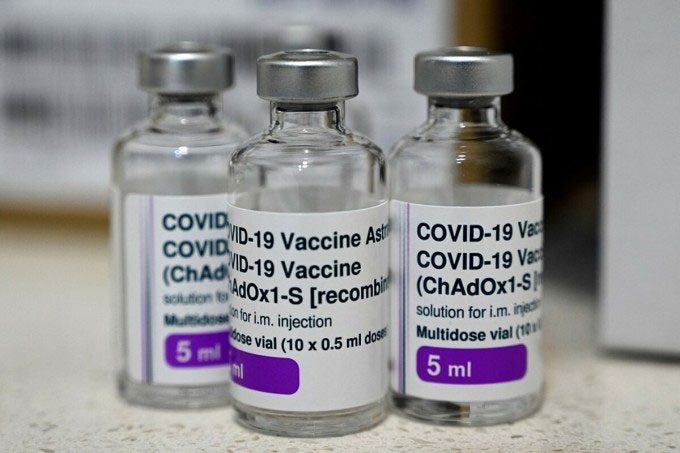TTS is a condition characterized by thrombosis accompanied by thrombocytopenia syndrome.
Patients will develop blood clots in the blood vessels of the brain or other parts of the body while also having low platelet counts. Specifically, thrombosis refers to the formation of blood clots, which can reduce normal blood flow in the blood vessels. Thrombocytopenia is a condition where there is a deficiency of platelets in the blood. Platelets usually help the blood to clot, preventing excessive bleeding.
The risk of developing this syndrome is higher in individuals under 60 years old.
Blood clots can form in various parts of the body, including:
- Brain (referred to as cerebral venous sinus thrombosis)
- Abdomen (visceral venous thrombosis)
- Lungs (pulmonary embolism)
- Veins (deep vein thrombosis)
- Arteries (arterial thrombosis)
Scientists do not yet fully understand the process of TTS formation. Some experts suggest it is similar to heparin-induced thrombocytopenia (HIT), which is a rare reaction to heparin (an anticoagulant) that affects platelet activity.

Empty AstraZeneca vaccine vial on the counter of a Covid-19 vaccination center in the suburbs of Sydney, Australia, August 2021. (Photo: AFP)
Symptoms of Thrombosis and Thrombocytopenia Syndrome
Symptoms of TTS affecting the brain include:
- Severe, persistent headache.
- Blurred vision.
- Speech difficulties.
- Excessive drowsiness.
- Seizures or confusion.
Symptoms of TTS affecting other parts of the body include:
- Shortness of breath.
- Chest pain.
- Swelling in the legs.
- Persistent abdominal pain.
- Red spots under the skin, particularly around the vaccination site.
Risk Factors Associated with TTS
Currently, scientists have not identified any underlying conditions that increase the risk of developing TTS following vaccination. Younger individuals and women tend to exhibit more severe symptoms. The risk of TTS after the second vaccine dose is lower compared to the first dose.
Diagnosis and Treatment of TTS
Some individuals with TTS may be in very poor health and require immediate hospitalization. If there is a suspicion of a blood clot in the brain, patients need to go to the emergency department for urgent examination. TTS is diagnosed through blood tests and computed tomography scans.
To treat TTS, patients are usually prescribed anticoagulants, intravenous immune globulin (IVIG) to transfuse blood containing antibodies, and high doses of prednisone (a type of steroid).


















































